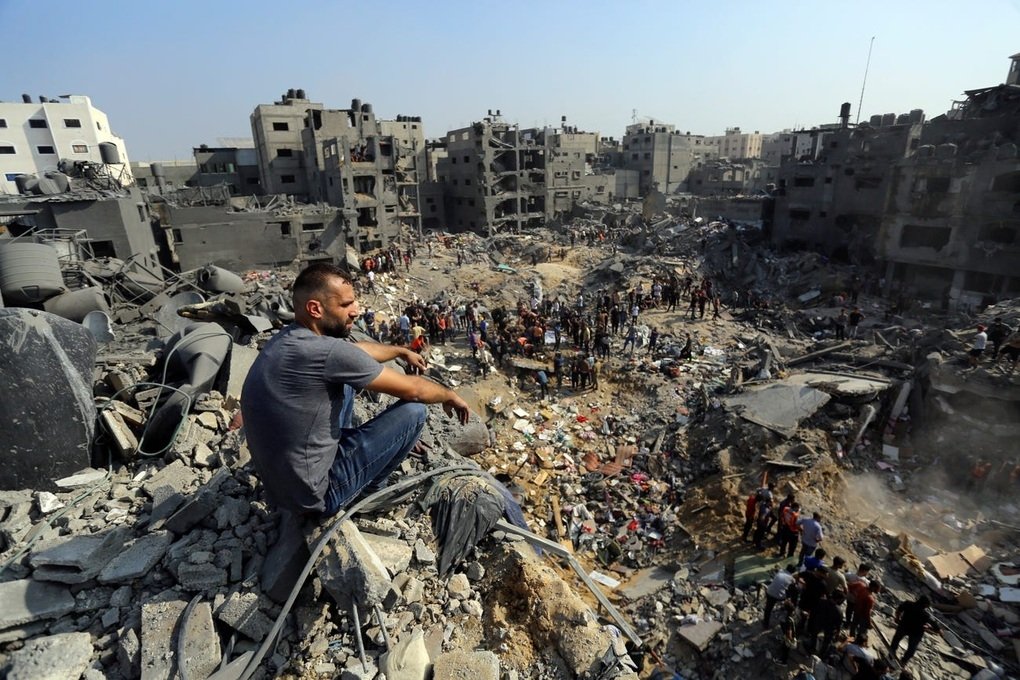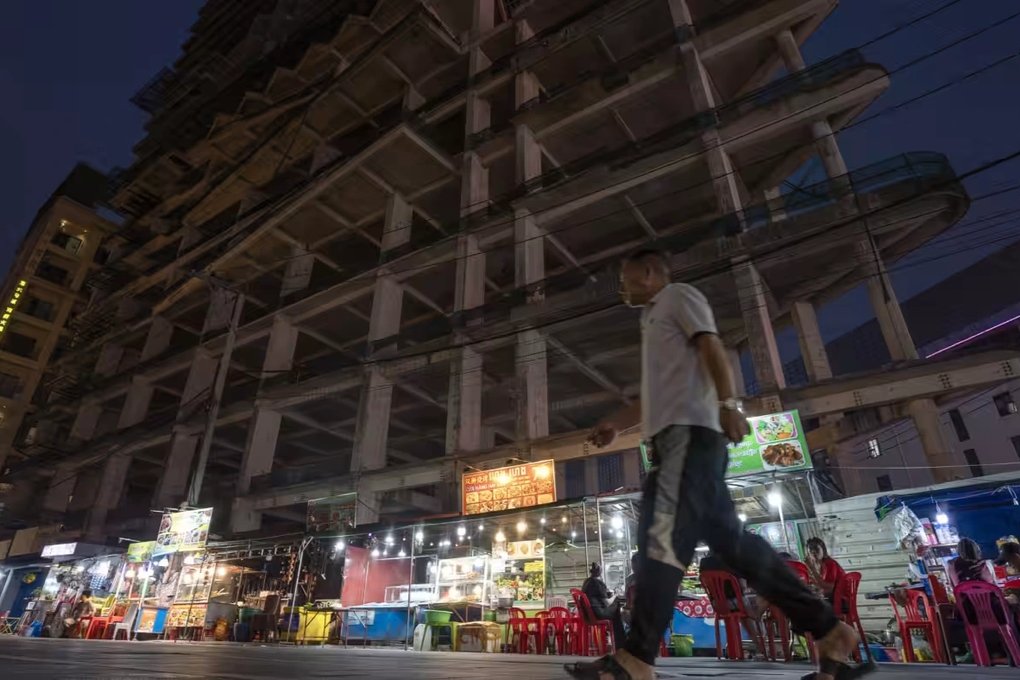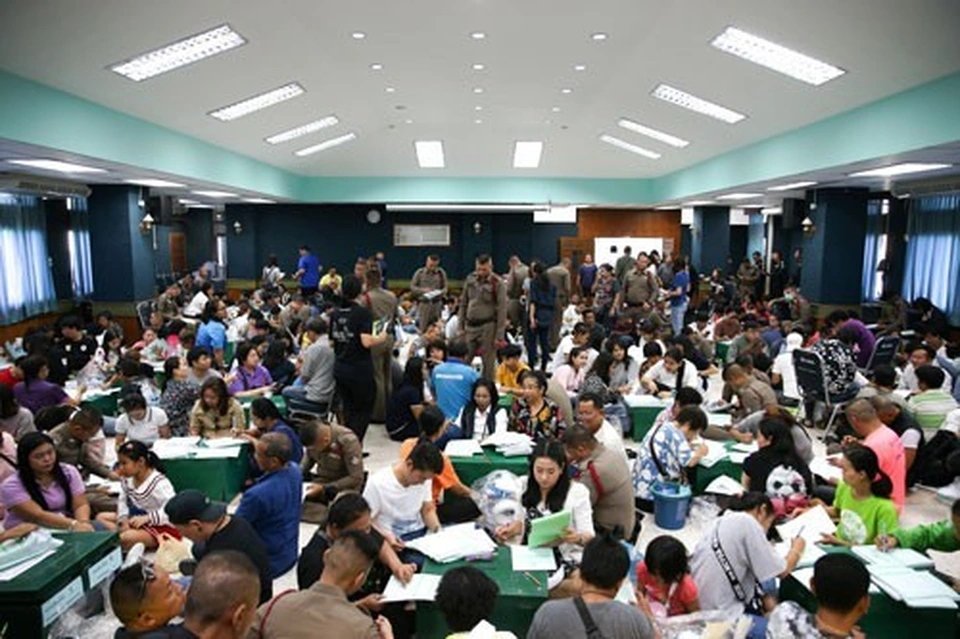
(Dan Tri) – The lives of 70 patients could become critical when the Gaza Strip’s only cancer hospital had to stop operating because it ran out of fuel to operate.
Wreckage in Gaza after an Israeli airstrike (Photo: Business Insider).
The only cancer treatment hospital in Gaza has run out of fuel and cannot continue to operate in the context of Israel’s tightening blockade of the narrow strip of land for nearly a month since the conflict with Hamas broke out.
Subhi Skaik, director of the Türkiye-Palestine Friendship Hospital, said in a press conference that the hospital stopped operating on November 1, according to Reuters.
`We want to tell the world, don’t let cancer patients die because hospitals don’t work,` Mr. Skaik said at the press conference.
Mai al-Kaila, Palestinian Health Minister, said 16 out of 35 hospitals in the Gaza Strip and more than 50 out of 72 primary health care clinics there are no longer operating, according to Al Jazeera.
`The lives of 70 cancer patients in the hospital are seriously threatened,` the official said, emphasizing that 2,000 cancer patients in Gaza are suffering from `catastrophic` health care conditions due to the campaign.
`This is a moment of life and death for thousands of patients in Gaza if hospitals do not resume operations,` World Health Organization spokesman Tarik Jasarevic told Al Jazeera.
Cancer patients are not the only ones experiencing medical vulnerability amid intense fighting.
`An estimated 50,000 pregnant women and girls in Gaza are at risk of not receiving prenatal care and giving birth without electricity or electricity,` Human Rights Watch said in an earlier statement.
Fuel shortages also make humanitarian relief operations in Gaza difficult.
`UNRWA is in dire need of fuel,` said Juliette Touma, spokeswoman for the United Nations Relief and Works Agency for Palestine Refugees (UNRWA), noting that no fuel had been brought in.
`We are completely overwhelmed. We have 670,000 people in shelters, which is four times more than our planned support capacity. Fuel is absolutely life-saving.`
More than 10,000 people on both sides have died in the nearly month-long conflict, most of them civilians.
The United Nations warns of serious consequences as the humanitarian crisis threatens to worsen in the Gaza Strip.
More than 2 million people in the strip of land are lacking food, water, medical equipment, energy, fuel and are almost isolated from information because the telecommunications network has stopped working.
International organizations have sent humanitarian supply trucks into Gaza, but the quantity is `like a drop in the bucket` and Palestinians in the strip of land are still struggling to find a way to survive.








